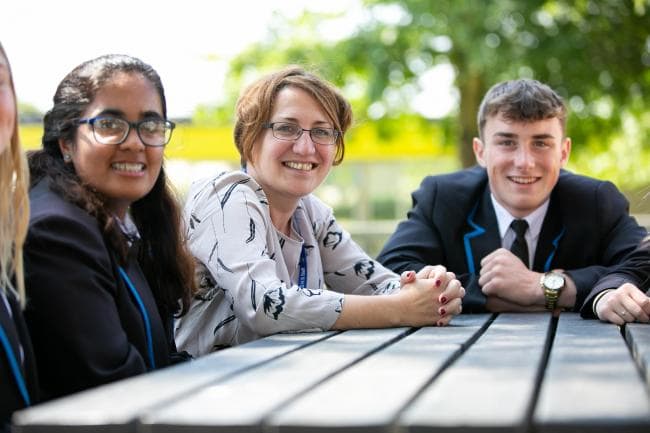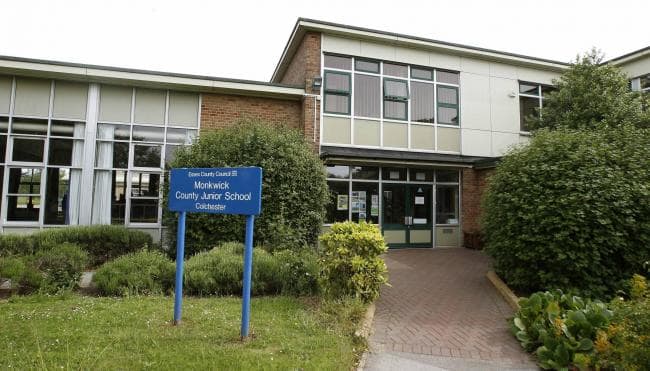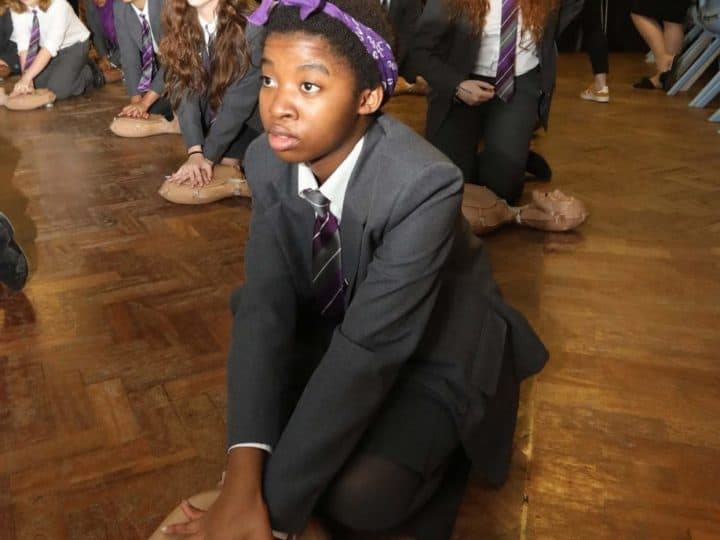
School stands by ‘positive’ decision to ban mobile phones
A SCHOOL has stood by its decision to ban mobile phones after receiving an “extremely positive” response from students.
Harwich and Dovercourt High School introduced the withdrawal of the devices from the beginning of the summer term.
It comes after the school’s headteacher Kate Finch asked parents for their views on mobile phones in schools.
Mrs Finch said the decision is paying off.
She said: “At Harwich and Dovercourt High School, the mental health and wellbeing of our students is so important to us.
“Students have responded extremely positively to the withdrawal of mobile phones – changing habits is not easy.
“Since returning after the Easter holiday we have seen numbers growing of students reading at break and lunchtime, the resurgence of Rubik’s cubes and playing cards, and even board games.
“Lunchtime staff are noting the increase in positive chatter as students are talking to each other more.”
Following being asked for their views, parents “overwhelmingly agreed” they wanted their child to have a phone for their journeys to and from school, but the device should not be seen or heard while on the premises.
Prior to the Easter break, Mrs Finch sent out a letter to parents about the impending ban to explain the rationale behind the decision.
She stated teachers are finding minor disruption caused previously by mobiles and other devices has increased, with the time spent learning from home potentially causing students to become reliant on having a phone by their side.
The headteacher added: “The greatest negative impact of lockdown on young people was the loss of social time with their peers, face-to-face, interacting and talking.
“Now we have returned we feel it is more important than ever students socially interact at break times, developing their social skills.
“There skills are adversely impacted if students play games at lunchtime or look at social media rather than interacting with one another.
“In addition to this, we have always found, before lockdown, mobile phones are the biggest cause of social difficulties among young people.
“The disruptions to on-site learning over the past year mean every minute in school is more important than ever as we seek to catch up on any lost learning.




